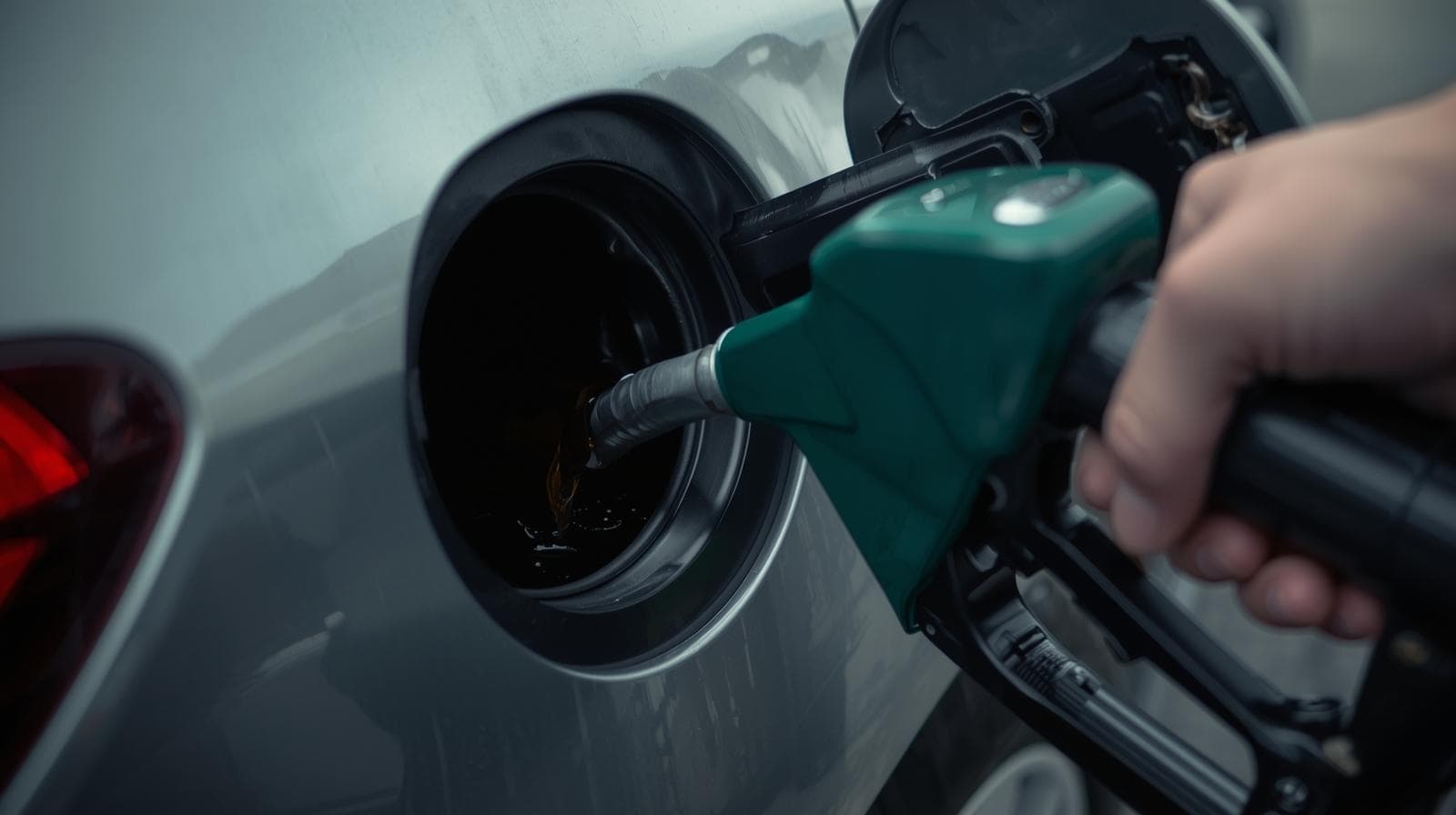Contact Details

If you’re at a pump and in a hurry or have accidentally added the wrong fuel, it can be both embarrassing and stressful. This mistake is quite common and can lead to engine damage. However, there’s no need to panic; stay calm and take the necessary steps to address the issue. In this guide, we will learn what to do immediately and detail the following steps.
Petrol & diesel engines may look similar, but their functionalities are totally different. A petrol engine uses a spark plug to ignite a pre-mixed fuel and air mixture. The compression ratio for a petrol engine is lower, around e.g., 10:1.
Diesel engines rely on compression—the air inside the cylinder is compressed until it becomes hot enough to ignite the injected fuel on its own. The compression ratio for a diesel engine is higher, around e.g., 18:1.
Diesel fuel is thicker than petrol and contains more energy per litre, which helps deliver better torque and fuel efficiency.
On the other hand, petrol is lighter in weight and burns cleaner and more quickly, but doesn’t provide the same level of lubrication. That’s why putting petrol in a diesel car can cause serious damage— petrol removes the lubrication that diesel parts need to function smoothly.
There are two possible problems when you accidentally fill the wrong fuel:
Accidentally putting petrol into a diesel car can cause severe engine damage.
If your car is old or the engine repair cost is higher than the car’s actual value, then selling it to a wrecker makes more sense. Wreckers accept cars or any vehicles in any condition. If the car is beyond repair, then choosing a cash for cars service is a more practical and hassle-free solution.
Adding petrol to a diesel engine is the most common mistake. It usually happens when you drive your friend’s office or rental vehicle. If you recently changed your vehicle and now have a diesel engine, but previously had a petrol engine, and you didn’t have a habit of.
Repairs for putting petrol in a diesel car can be expensive and could take thousands of dollars (from $200-$10,000), as they may require replacing the entire fuel system, including the high-pressure pump, injectors and filters.
There are a few ways to avoid these types of mistakes in the future:
Do you have broken and damaged vehicle? We buy them and pay up to $15000 for it. Get a quote now.
Fill out the form below
Putting petrol in a diesel car will severely damage its fuel system. Diesel provides lubrication, and petrol acts as a solvent, removing the lubrication. This can cause severe damage to its fuel pump system and injectors, resulting in costly repairs or engine repair.
No, a diesel car can’t run after pulling petrol into it.
Do not start your car; call a professional mechanic for help.
The cost to fix it can vary significantly. For a simple fuel drain, the cost is around $200 to $500. Unfortunately, if the engine won’t start due to damage, it can cost up $10,000.
It’s unlikely; the main risk is damage to the engine or fuel system, not fire.